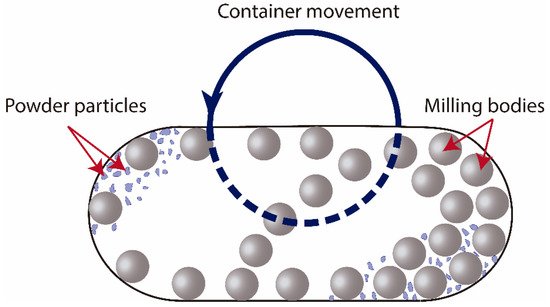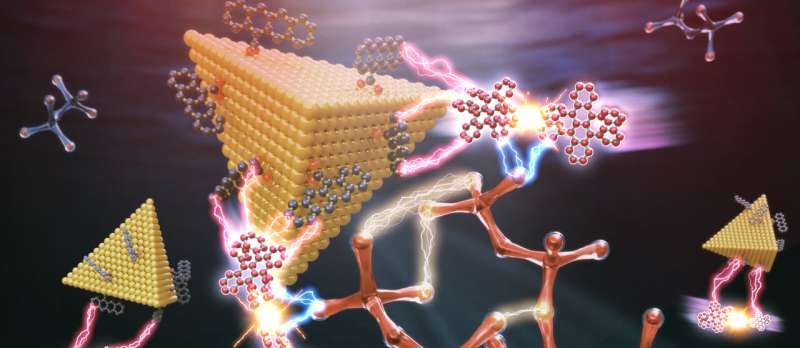THE RISE OF MECHANOCHEMISTRY
Introduction of Mechanochemistry
Mechanochemistry is a branch of chemistry that focuses on chemical reactions driven by mechanical force, such as grinding, milling, or shearing. Unlike traditional methods that rely on thermal energy, mechanochemistry employs mechanical energy to activate and promote chemical transformations between molecules. This field has gained significant attention in recent years due to its potential to enhance reaction rates, selectivity, and the ability to synthesise novel compounds that may be challenging or impossible to produce using conventional methods.
The original concept of mechanochemistry is probably the starting of the universe, but persuasion dates back to the 19th century, advancements in technology and the understanding of the underlying principles have accelerated its development in the modern era. Mechanochemical reactions take place in various environments, ranging from laboratory-scale ball mills to high-energy planetary ball mills, vibrational mills, and even ultrasonic devices.


Key Features and Advantages of Mechanochemistry
- Increased Reactivity: Mechanochemistry can activate reactions that may be unreactive or very slow under traditional thermal conditions. Mechanical force breaks down energy barriers, making it easier for molecules to interact and react.
- Selectivity: Mechanochemistry often leads to increased selectivity in reactions, allowing specific bonds to break or form selectively in the presence of others, leading to fewer byproducts.
- Sustainable and Green Chemistry: Mechanochemistry typically requires little to no solvent, reducing waste generation and making it an environmentally friendly approach to chemical synthesis.
- Access to New Materials: Mechanochemistry enables the synthesis of novel compounds and materials, such as coordination polymers, metal-organic frameworks (MOFs), and covalent organic frameworks (COFs), which have exciting applications in various fields.
- Scalability: Mechanochemical reactions can be easily scaled up for industrial applications, making them attractive for large-scale synthesis.
Applications of Mechanochemistry
The development of mechanochemistry is opening up exciting new avenues in various fields, such as:
- Materials science: Synthesis of advanced functional materials, including nanoparticles, catalysts, and drug delivery systems.
- Pharmaceuticals: Development of new drugs and drug intermediates under solvent-free conditions.
- Energy storage: Fabrication of efficient and sustainable batteries and fuel cells.
- Environmental remediation: Degradation of pollutants and conversion of waste materials into valuable resources.

Pharmaceutical Industry
Mechanochemistry is used in pharmaceutical research for the synthesis of drugs and active pharmaceutical ingredients (APIs) and for improving the dissolution rates and bioavailability of poorly soluble compounds.

Materials Science
Mechanochemistry plays a crucial role in developing new materials, such as catalysts, nanomaterials, and advanced ceramics, with enhanced properties and performance.

Green Chemistry
Mechanochemical processes contribute to the development of sustainable and environmentally friendly chemical reactions, aligning with the principles of green chemistry.

Organic Synthesis
Mechanochemistry has been applied to various organic reactions, including C-C bond formations, cross-couplings, and the synthesis of natural products.

Coordination Chemistry
Mechanochemical methods are used to synthesize coordination polymers and metal-organic frameworks with tailored structures and properties.

Despite its many advantages, mechanochemistry also presents challenges, including the need to optimise reaction conditions, control reaction kinetics, and understand mechanistic pathways.
However, ongoing research and advances in technology are continually expanding the scope of mechanochemistry and its potential applications in diverse scientific and industrial domains. By harnessing the power of force, mechanochemistry has the potential to revolutionize materials science and contribute to a more sustainable future. Let’s unlock the universe of possibilities together with our Dual Drive Planetary Ball Mill Ecotype Alpha.
